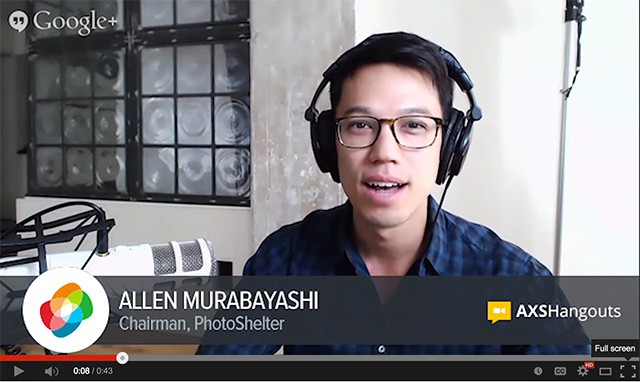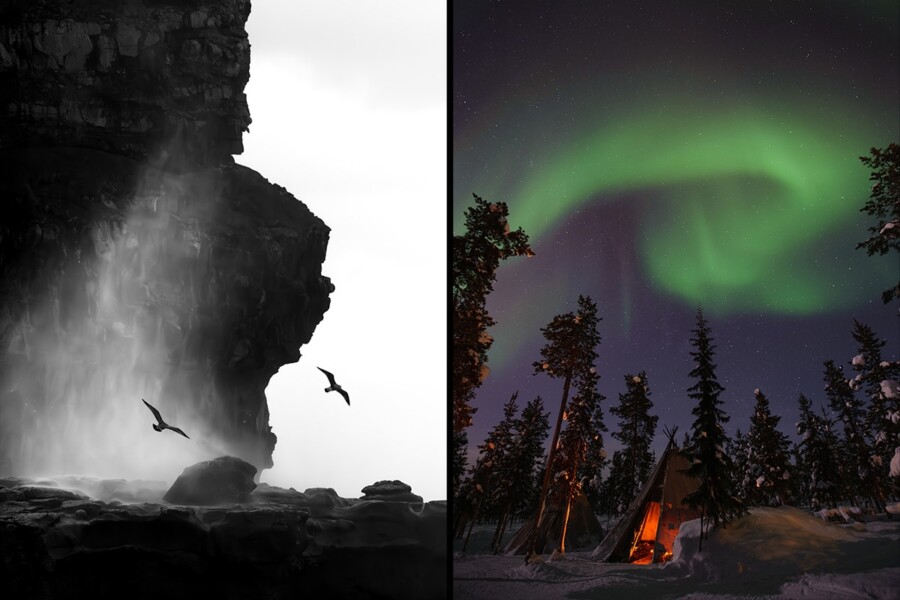Share
No Fear SEO
The concept and practice of Search Engine Optimization has been around for years, but for many of us, SEO continues to evoke thoughts of black magi...

The concept and practice of Search Engine Optimization has been around for years, but for many of us, SEO continues to evoke thoughts of black magic. This is in part, I believe, because we don’t first understand the problem and how it affects our businesses. But have no fear! I will be talking about SEO with Agency Access’ Amanda Sosa Stone and Go-SEO’s Blake Discher tomorrow, September 23, 2014, on a free webinar. You can register here.
The Problem
The best way to understand the power of SEO is by thinking how you use search engines. Maybe you’ve recently search for a restaurant, a plumber, or a review of that new camera. Because our society is so Internet-savvy, we’ve gotten increasingly sophisticated (as have search engines) in how we search. For example, you probably didn’t just type “restaurant” when looking for a restaurant. Maybe you queried for something more detailed like:
- sushi restaurant nyc
- best sushi restaurant manhattan
- cheap good sushi nyc
And when you did so, you probably got results like this:
At the top of the results in the black bar, are localized results. So much of what we search for are geographically localized, and Google knows this. They use GPS coordinates on your phone or the IP address on your desktop to provide local results even if you don’t specify it!
To the right, there is a map of the localized results.
And in the main column, are the familiar 10 results that we’re accustomed to seeing.
It just so happens that these results are optimized for the phrase “sushi restaurants in nyc” – and if a lot of people search for this phrase, then these pages will garner the most traffic. It turns out that the top four results on any search results page get about 80% of the clicks. And no one clicks to page 2 or beyond any more. People are more likely to refine their search than continue clicking through the results.
What does this have to do with photography?
Although you might not think of people searching for your services, it happens all the time. Word of mouth referral might still be the most potent form of advertising, but I’d venture to guess that googling is the most often used method of finding a specific service.
- Santa Fe wedding photographers
- best headshots nyc
- stock images of the grand canyon
What words and phrases do you want to show up for when a potential client executes a search? Once you can answer this question, you can start building your SEO. I always suggest that people search for the terms they want to rank for. This is an easy way to understand your online competition, which is often different from your real-life competition.
OK, but tell me exactly how to improve my SEO.
There are many different factors that affect SEO, so there’s not a single activity that is going to suddenly boost you to the number one position. But some basic areas of interest:
- Make sure your webpages have relevant, descriptive text. There is no SEO without having solid on-page text that reinforces the words and phrases that you want to be found for. This means that you can’t just show photos and win. You have to have text on your site.
- Have a Flash-free, responsive website. If you are still using a Flash-based website from last decade, you’re doing yourself a disfavor. The way a website is built can affect its SEO, and this is another reason not to DIY your website. There are too many factors in the website build that affect SEO.
- Get prominent websites to link to you. Have a cool photo project? Pitch it to various photo websites. A link from The New York Times Lens blog will significantly improve your SEO. But while a single link is great, you really want to build a large number of diverse links.
- Participate in Social Media. Gone are the days of just taking pictures. If you want to succeed in SEO, you have to be active in social media. Why? Because Google has determined that what is popular in social media is an accurate proxy for relevant results.
Great SEO resources
There are many places to learn about and deal with SEO, but here are few of our favorites:
- Google Analytics. You need a way to quantitatively measure what’s happening on your website in order to understand whether your SEO efforts are working.
- Google Webmaster. A great tool for understand which terms are driving traffic to your website.
- MOZ. Formerly SEO Moz, MOZ has expanded its reach to all forms of inbound marketing. But they still have a great primer on SEO.
- Search Engine Land. Can’t get enough? Visit this SEO news site for the latest information.
- Majestic SEO. The largest public backlink analyzer.
And of course, if you haven’t already downloaded it, we have a great guide entitled “SEO for Photographers.”




